
Engage Customers At Scale With WhatsApp API
.avif)
15 Years of Trust. 12,000+ Brands Strong.
Why Use MyOperator
WhatsApp Business API
98%
Messages are read almost instantly, unlike email or SMS.
30%
Automation and routing reduce wait times across teams.
15%
AI chatbots reduce manual effort and improve conversions.
What Is WhatsApp Business API
.webp)
What You Get With MyOperator WhatsApp Business API
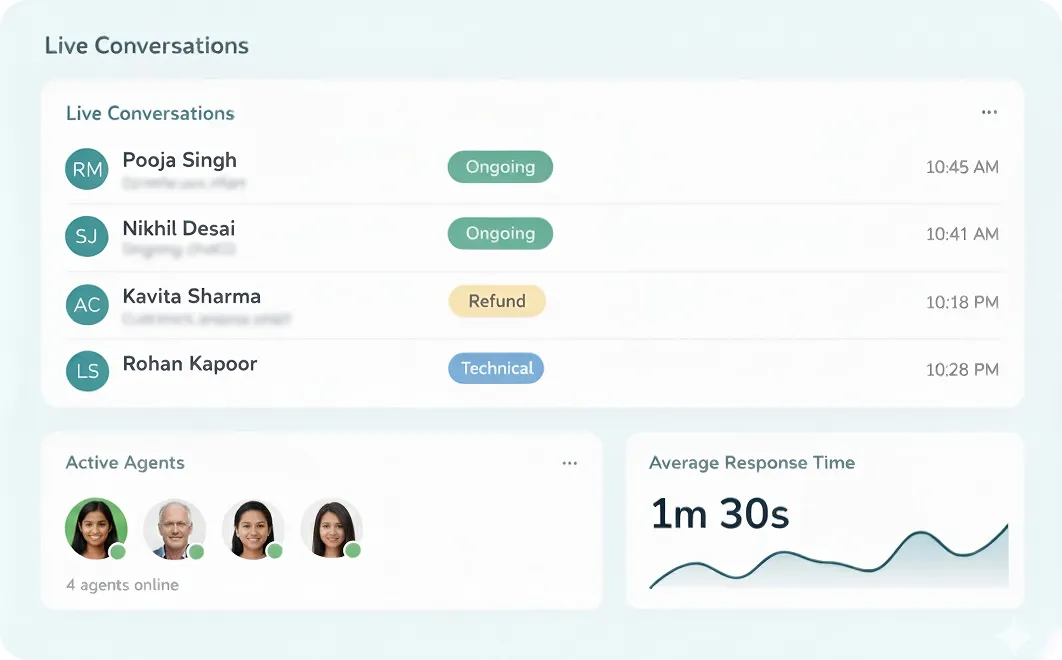
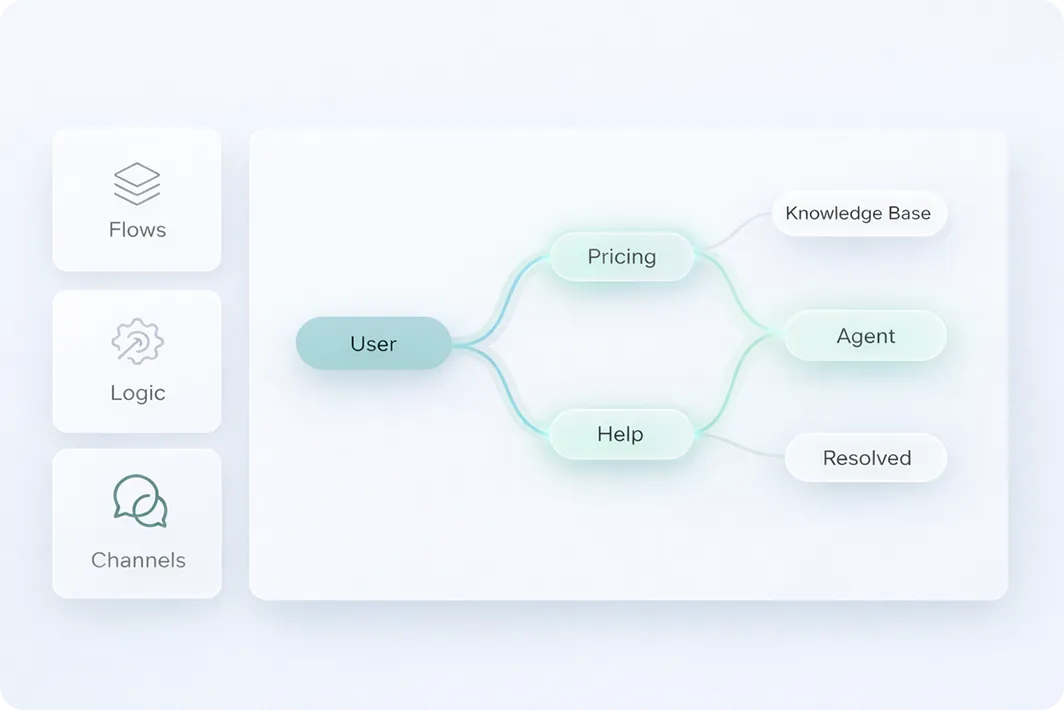
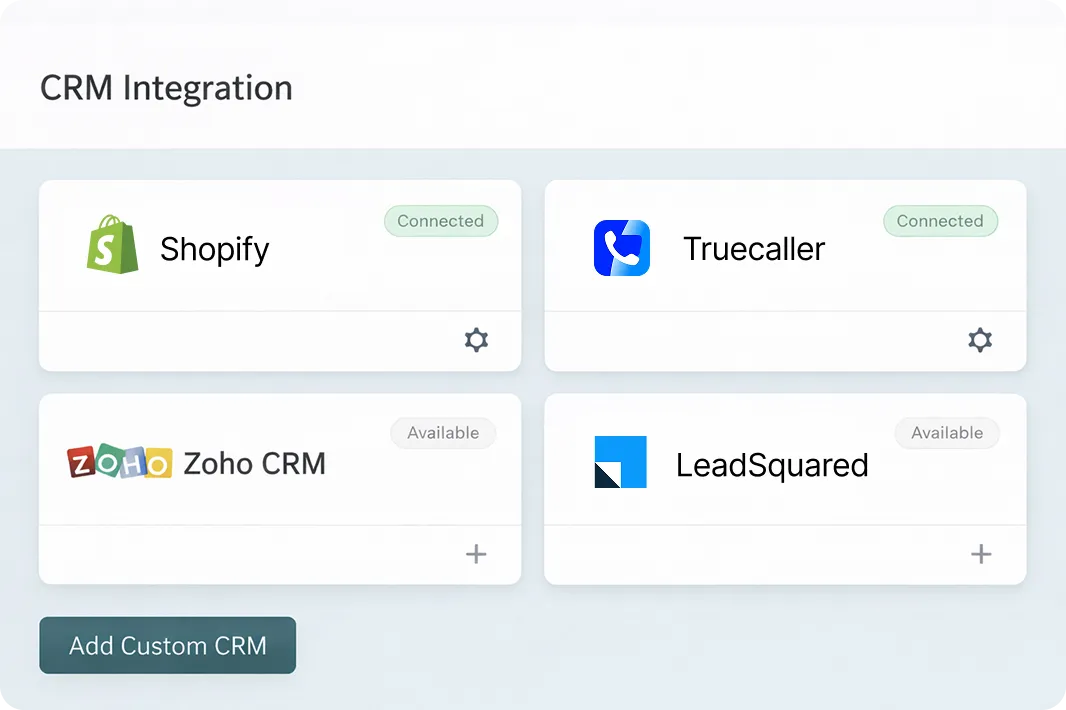
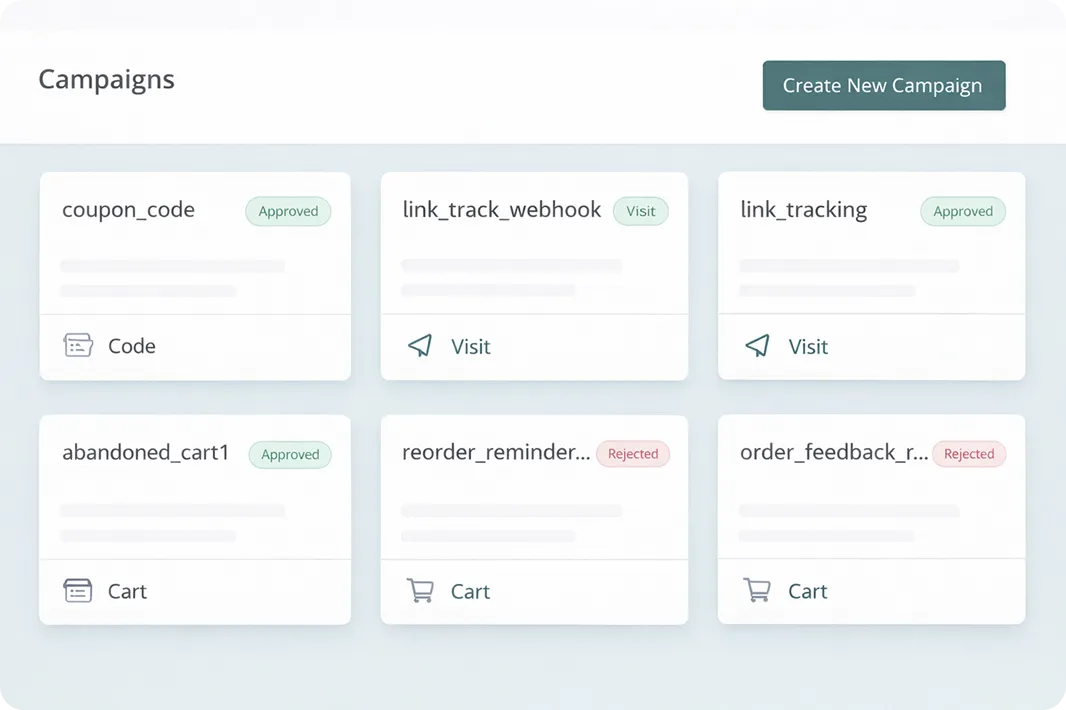
How MyOperator’s
WhatsApp Business API Works
What Businesses Say
About MyOperator
12,000+ Businesses Activated, 2.5 Billion Conversations Enabled,
4.5 Google Rating
12,000+ Businesses Activated, 2.5 Billion Conversations Enabled,
4.5 Google Rating
12,000+ Businesses Activated, 2.5 Billion Conversations Enabled,
4.5 Google Rating
12,000+ Businesses Activated, 2.5 Billion Conversations Enabled,
4.5 Google Rating
12,000+ Businesses Activated, 2.5 Billion Conversations Enabled,
4.5 Google Rating
12,000+ Businesses Activated, 2.5 Billion Conversations Enabled,
4.5 Google Rating
Find The Perfect Ride
For Your Business Needs
Compact
₹2,500/month
For small teams that need WhatsApp Business API & missed calls.
Sedan
₹5,000/month
For growing businesses that need more users & unlimited IVR + WhatsApp.
SUV
₹15,000/month
For teams that also need performance analytics and integrations.
Enterprise
₹2,00,000/month
Starts at
For large organizations that need customization and dedicated support.
What Is MyOperator
The Channels
.webp)
WhatsApp Suite
.webp)
Official WhatsApp Business API with automation, campaigns, and shared inboxes.
- Broadcasts, CTWA, and AI replies
- Multi-agent chat and handovers
- Blue tick and verification

Call Suite
.webp)
Cloud calling infrastructure built for high-volume inbound and outbound operations.
- IVR, virtual numbers, and dialers
- Tracking, recordings, and smart routing
- Synced with WhatsApp & AI flows

The Workforces

AI Agents
.webp)
AI voicebots and chatbots that handle first response, qualification, and routing.
- Unified across WhatsApp + Calls
- Self-learning from real conversation data
- Escalation only when essential

Human Experts
.webp)
Sales and support teams step in with complete conversation context.
- Full view of past chats and calls
- Faster resolution and follow-ups
- Better outcomes across the funnel






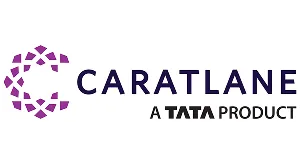
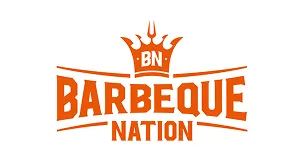













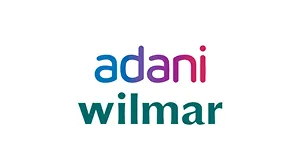
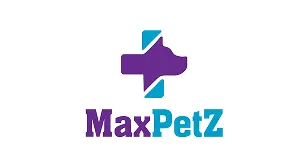





.webp)











.webp)
.avif)

